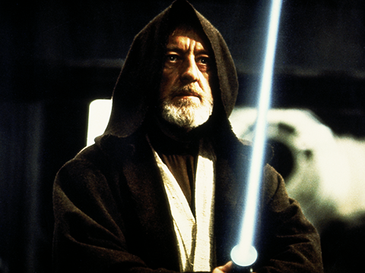Firstly, two confessions.
1: The title of this blog is taken directly from the excellent BBC Five Live podcast that can be found here, about the role of footballers in the Great War. It goes beyond an investigation into whether there was a famous football match during the 1914 Christmas Truce and looks into the role professional footballers played during WW1. An excellent listen.
2. This blog post is mainly to do with my own football team, Corinthian Casuals and will therefore lack the complete objectivity that historians often strive for!
Corinthians FC were formed in 1882 by PA Jackson, then the General Secretary of the FA, primarily as a way of trying to improve the English national team and overcome the Scottish dominance of their rivalry in the preceding 7 years. For the next 7 years the Corinthians (a strictly amateur club upholding the best traditions of amateur sport) provided 52 of the 88 caps awarded to England players in games against Scotland and in 1894 the first of an astonishing list of records was set; the first (and still only) club to provide all 11 players for a full England international match. They would repeat that feat a year later against Wales.
By 1897 the role of the club was changing - they became football missionaries, taking the game outside of Europe for the first time to South Africa and then the Americas. But it was in 1910, when they accepted the invitation of Arthur Cox of the Fluminense club in Brazil to tour that country, that football history changed forever.
Corinthians FC touring team in Brazil, 1910
That tour included a 5-2 victory against Brazil's first ever national team and a 10-1 victory over their hosts Fluminense! News of their feats spread across the country and they were invited to Sao Paulo by ex-Corinthian and expatriate Charles Miller, the man who took the game to Brazil in the shape of a rule book and a passion for the game. Playing Miller's side Sao Paulo Athletic Club (SPAC) the Corinthians won 8-2, thrilling the locals and inspiring 5 railway workers in the crowd. They decided they wanted to form a club and took the name of the visiting superteam - SC Corinthins Paulista were born ... yes, that Corinthians, the former world club champions and one of the top teams of South America. The Corinthians of Socrates and the original Ronaldo.
All very interesting, you may say, but what's the link to Tunics for Goalposts? Well, after a successful 1913 tour, the club were invited back to Brazil in 1914. They boarded a boat and set sail in July 1914 but on 6th August they got word that war had been declared. Four of the players returned home immediately, being in the Reserve Officer Corps. The rest of the party docked in Rio before deciding to return back home to join the war effort. And here the story takes a tragic turn - the Corinthians would go on to lose more men during the fighting than any other club side in England, a total of 70. Five of the famous 11 that beat Brazil would lose their lives, including striker Cuthbert Brisley, considered the greatest forward in Europe at the outbreak of the war, and goalkeeper Thomas Rowlandson, who used to stand aside for penalty kicks in the unique Corinthian way, who died at the Somme. The FA presented the club with a unique memorial roll of honour, dedicated to their sacrifice and which has been restored to go on display the National Football Museum next year.
Corinthians FC disembark in Brazil, 1913
The Corinthians have continued to try and keep this missionary role alive and, after their merger with The Casuals in 1939, have also gone on to become the highest ranked club in the football pyramid that are purely amateur. The reason that this resonates so much now is that in January 2015 the current Corinthian Casuals squad are returning to Brazil to fulfill all the fixtures that the 1914 side were not able to. This will include a game against the current SC Corinthians Paulista in the new 47,000 seater stadium, purpose built for the last World Cup. It's a fitting tribute to the team of 1914 and reminds us, in an age when it is easy to sneer at sportsmen and women and question their role in society, that sport has wonderful traditions and a rich heritage that can cross boundaries and be a way for people to come together. That is the message that the Corinthian Casuals have always stood for - so keep an eye out in the media for the 2015 tour and whilst doing so, remember the team of 1914. In case you doubt the significance of this club, here are some historical facts to support the case.
- Fielded the first black international footballer, Andrew Watson, who played for Scotland
- The only football team to beat the Barbarians at rugby
- Hold the record defeat of Manchester Utd, 11-3 in 1904
- Inspired the all white kit of Real Madrid
- Captain Charles Wreford-Brown invented the word 'Soccer' whilst at Oxford University
- Twice provided all 11 players for the England national team
I am grateful to Chris Watney for providing information for this post and I wish the current squad the best of luck with their upcoming tour - I know they will do Corinthians all around the world proud.
S Shergold










